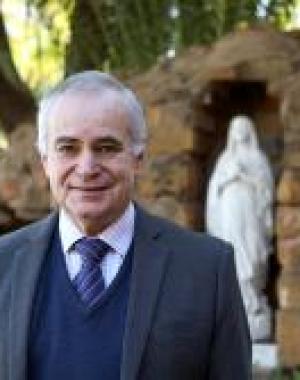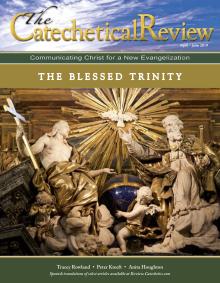Introduction: Addressing the Interface of Faith and Reason
The final installment of this series reaches back to the nineteenth century to highlight the contribution of Blessed John Henry Newman. Cardinal Newman was widely acknowledged to be among the greatest thinkers of his time. His special relevance to the field of education can be found in his classic work, An Essay in Aid of a Grammar of Assent. It was here that Newman confronted—at their point of origin—many of the intellectual challenges that have come to fruition in our own time.
Of these challenges, Pope John Paul II drew particular attention to the issues of rationalism and fideism. Rationalism is the tendency to explain the created world and humanity itself without reference to God’s role in it. Those who retained some belief in God reduced him to practical irrelevance in terms of any divine impact on human affairs. Fideism was the opposite tendency. Everything that happened was viewed as coming about through the direct intervention of God. While it is true that God is the ultimate cause of all things, human beings have genuine freedom to act in their own sphere. Without this, there could be no free will and no possibility for us to love God or anyone else; we would simply be puppets.
The rest of this online article is available for current Guild members.
This article is from The Catechetical Review (Online Edition ISSN 2379-6324) and may be copied for catechetical purposes only. It may not be reprinted in another published work without the permission of The Catechetical Review by contacting [email protected]


















